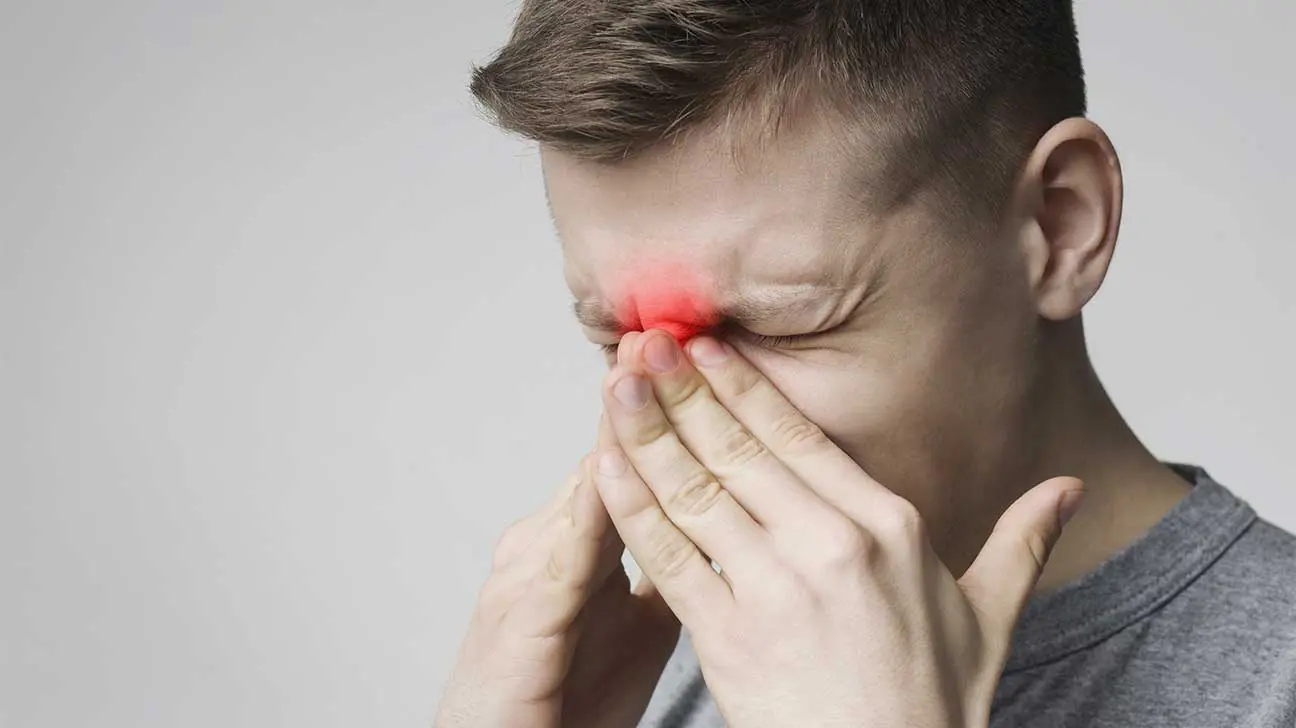
Oxycodone is a prescription opioid, marketed under several brand names, including Percocet and OxyContin. Doctors prescribe oxycodone for controlling pain that is caused by chronic health conditions.
Unfortunately, its effectiveness for this purpose has made it one of the most highly abused opioids in the United States. That is one reason why stricter laws and regulations have been enacted to help prevent people from obtaining too much of the medication.
Some people prefer to snort oxycodone to get high, as this leads to faster effects. However, snorting oxycodone can lead to a number of side effects and carries risks of several dangers, including overdose.
Why Do People Snort Oxycodone?
People who are prescribed pain pills that contain oxycodone have serious conditions that cause them debilitating pain, such as rheumatoid arthritis and cancer.
When people take the pills as prescribed (orally), it takes time for the body to break them down. People who want to have relief from their pain faster than this may crush up the pills and snort them through their nostrils instead. This allows the medication to hit their bloodstream instantly.
However, snorting oxycodone is a form of abuse of the drug. Oxycodone is already a highly addictive medication. Abusing oxycodone by snorting, and forcing it to take effect faster, increases the risk for addiction and dependence.
Side Effects Of Snorting Oxycodone
Because snorting causes oxycodone to reach the bloodstream much faster than by taking it orally, side effects happen more quickly as well.
Some of the side effects of snorting oxycodone include:
- runny nose and sniffling
- lacerations in the nose that don’t heal properly
- frequent sinus infections
- damage to the nasal passages and septum
- throat irritation
Dangers Of Snorting Oxycodone
One of the most serious dangers of snorting oxycodone is the increased risk of damage to the delicate lining of the lungs, which puts a person at risk for developing dangerous lung conditions, such as pneumonia.
Someone who has a compromised immune system because they have a chronic health condition, like cancer, have the highest risk of developing dangerous lung conditions if they snort oxycodone.
Snorting Extended-Release Oxycodone
Because this medication is commonly abused, drug manufacturers developed an extended-release form of it that causes the pill to be broken down more slowly in the body. Those who prefer snorting oxycodone crush the pill up first, causing it to flood the system all at once.
Bypassing the extended-release mechanism is dangerous. Oxycodone is intended to release slowly over time in order to manage a person’s pain. When a person snorts oxycodone, they experience a rush of euphoria and the pain-relief effects are shorter-lived. Both of these effects may prompt the person to continue abusing oxycodone.
Further, snorting extended-release oxycodone can cause an influx of opioids in the body, especially if a person snorts more oxycodone before the last dose has left the body. Excess oxycodone in the body poses a strong risk for opioid overdose.
Increased Risk Of Opioid Overdose
When a person snorts oxycodone instead of ingesting it according to their doctor’s orders, they put themselves at risk for an overdose. Too much oxycodone in the body, either all at once or over time, causes an overdose.
Some of the signs of an oxycodone overdose include:
- blue lips
- low blood pressure
- trouble breathing
- extreme fatigue
- coma
- seizures
- death
Is Snorting Oxycodone A Sign Of Addiction?
Snorting oxycodone is a sign of addiction because it means that a person has developed a tolerance to the medication from taking too much of it for too long. Since it is no longer affecting them the same way, those who are prescribed this medication are more likely to begin using higher doses of it than they have been prescribed.
They might also mix other opioids with it, such as heroin.
Some of the signs that a person may be addicted to oxycodone are:
- constant cravings for the medication
- withdrawal symptoms when the medication isn’t available
- avoiding responsibilities and activities
- relationship problems
- spending a significant amount of time trying to find more opioids
- needing higher doses
Treatment Options For Oxycodone Abuse
Treating oxycodone addiction requires a multi-step process that begins with detoxification to get the opioids out of a person’s system. Withdrawal symptoms from any addictive painkillers are very uncomfortable, which increases the likeliness that the person will go back to the drug.
Because of this, they are often required to stay in an inpatient program during this process. The time that someone has to stay in an inpatient program depends on the severity of their addiction and whether their withdrawal symptoms are improving. Outpatient treatment that involves cognitive behavioral therapy is often the next step, once a person is stable enough to enter recovery.
Some facilities might also use contingency management programs that reward their patients for staying sober. Not all rehab centers offer the same types of treatment. If you or a loved one are struggling with oxycodone addiction, contact one of our treatment specialists for more information on finding the best rehab facility to fit your individual treatment needs.
Addiction Resource aims to provide only the most current, accurate information in regards to addiction and addiction treatment, which means we only reference the most credible sources available.
These include peer-reviewed journals, government entities and academic institutions, and leaders in addiction healthcare and advocacy. Learn more about how we safeguard our content by viewing our editorial policy.
- National Institute on Drug Abuse — DrugFacts: Prescription Opioids
https://www.drugabuse.gov/publications/drugfacts/prescription-opioids - U.S. National Library of Medicine: MedlinePlus — Hydrocodone
https://medlineplus.gov/druginfo/meds/a614045.html


